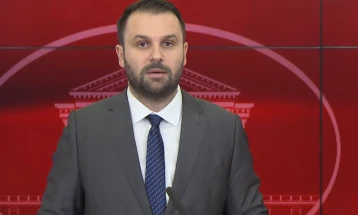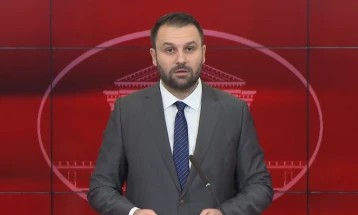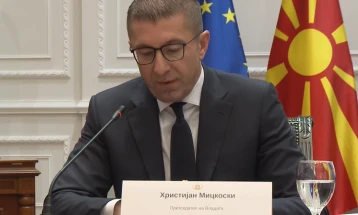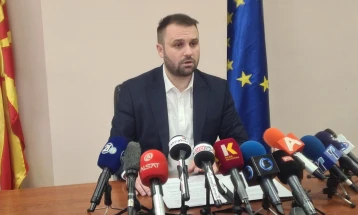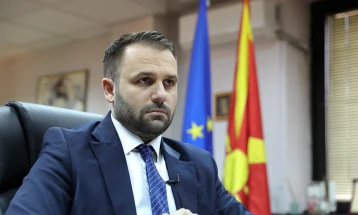Fakic: Energy crisis coverage cost citizens EUR 220 million
- The effects of the financial and energy crisis on policies and citizens was the topic of Friday's debate organized by Civica Mobilitas, supported by the Government of Switzerland.
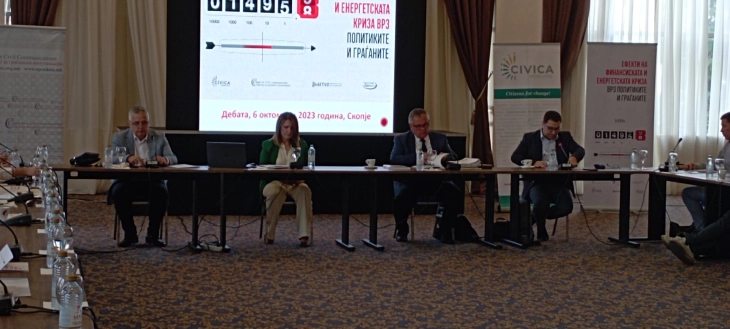
Skopje, 6 October 2023 (MIA) - The effects of the financial and energy crisis on policies and citizens was the topic of Friday's debate organized by Civica Mobilitas, supported by the Government of Switzerland.
Research was presented on the consequences of increased budget spending during the 2022 crisis in areas that affect citizens.
According to the research, in order to cover additional expenses imposed by the 2022 crisis, the Government sacrificed projects worth at least EUR 170 million.
Center for Civil Communications Program director, Sabina Fakic, informed that those projects included renovating healthcare institutions, procuring medical equipment, building kindergartens and retirement homes, roads, reconstructing student housing, and environmental protection projects.
"When we add EUR 50 million of capital projects that were supposed to be realized by local governments to this amount, the results show that, conditionally speaking, citizens were deprived of EUR 220 million that should have been used to improve their quality of live," Fakic said.
She added that institutional debt has reached EUR 800 million, a 30 percent increase.
"It is very important to emphasize that the burden of increased costs falls on privileges politicians secure for themselves, and not citizens," Fakic noted.

Tax expert Pavle Gacov said that North Macedonia is not successfully handling the golden rule of budgeting and that the country spends more than it collects.
"The trend of tight public financing continued in 2022 and 2023. Macedonia is a country that does not collect as much as it spends, and one solution is to collect more and spend less," Gacov noted.
Research shows that in order to cover the effects of the energy crisis on capital investments in 2022, the government spent as much as 23 percent of capital expenditures, or EUR 130 million on payments that could not be considered "capital."
Fakic explained that these were part of the payments made to Power Plants of North Macedonia (ESM) for overcoming the energy crisis, as well as payments of guarantees in installments for loans to state enterprises. ssh/ik/
Photo: MIA

